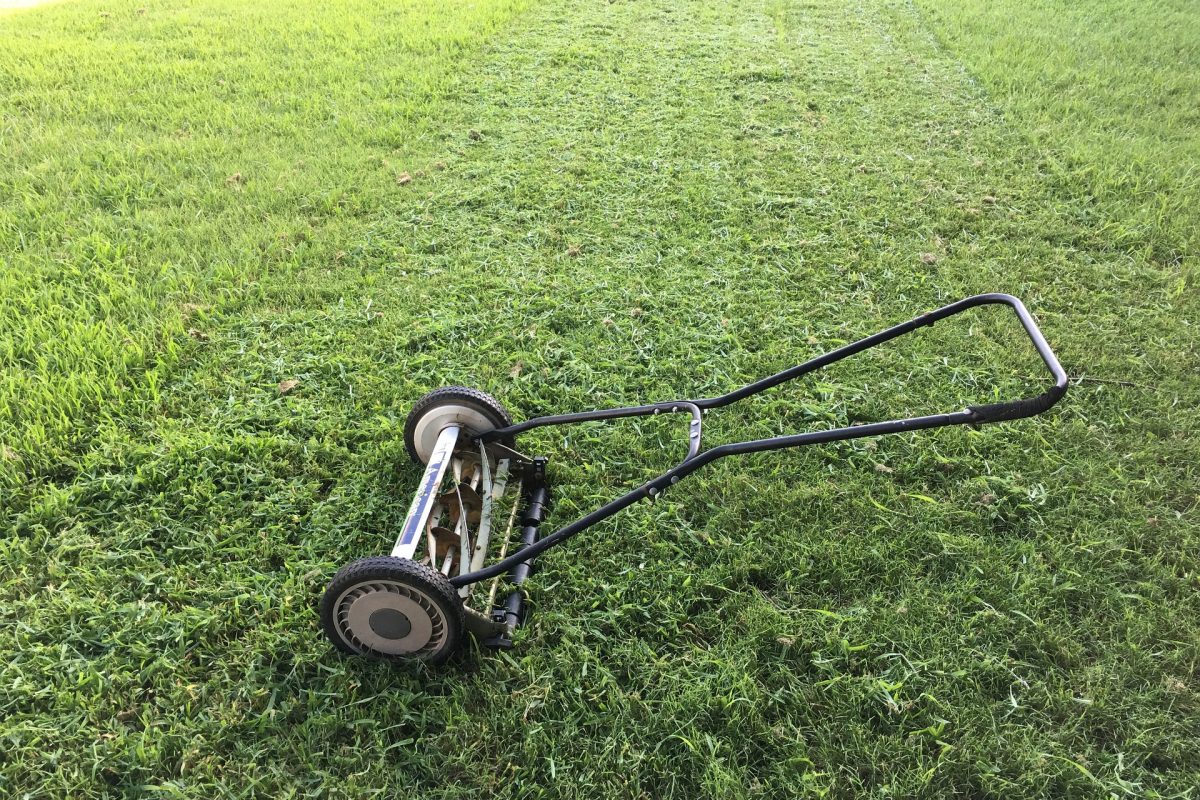
If you’re wanting to reseed your lawn then there are a few things you need to consider. Our team has put together this guide to make sure you know how to do it and when to do it. Chris James Landscaping can take care of all your landscaping needs in the New Jersey area and is here to help with when to seed your lawn.
Why You Would Need to Reseed Your Lawn
The summer can be a tough time for your lawn. The hot weather can make it more vulnerable and it’s also a time when one day of forgetting to water can be detrimental to your lawn. It also takes a beating as pets and children play on it or as it gets trampled during those summer barbecues.
The most common reason people reseed their lawn or plant grass seed is to revitalize spots of dead grass due to the summer use or because the disease has killed off sections. Reseeding is a great and easy way to bring your lawn back to life without ripping up your entire lawn or having to down sod.
What Are the Best Types of Grass Seed?
Grass seed is divided into two categories, cool-season grasses, and warm-season grasses. Typically, you’ll want to plant the cool-season grasses in New Jersey since these are better suited for our cold winters versus the warm-season grasses. Some of our recommended grass seed include Kentucky bluegrass, fine fescues, tall fescue, and perennial ryegrass.
Best Time to Reseed Your Lawn
The best time to plant grass seed is either in the late spring after the temperatures have risen or in the early fall. If you do your planting in the early fall, make sure you have plenty of time for your lawn to establish itself before the cold winter arrives. You’ll want your lawn to have a healthy supply of nutrients and roots established before it goes dormant.
How to Plant Grass Seed
If you’re going to be planting grass seed and reseed your lawn, follow these simple directions:
- Use a rake to remove dead grass to expose the soil. For large areas, you can rent a machine specially designed to rip up dead grass.
- Fertilize the area you’ll be reseeding. Follow the directions on the package to ensure you apply the appropriate amount of grass seed.
- Spread the grass seed you’ve selected. Make sure you apply it according to the package instructions. You can either spread it by hand or by using a grass seed spreader.
- Cover the seed with an organic mulch to protect it.
- Water your seed. It needs to stay moist in order to germinate but make sure it’s not saturated.
One of the most important things to consider is that you don’t overwater. Overwatering is the number 1 reason new grass dies off.
How to Properly Take Care of It
You can follow up on your fall planting with some new seeds the following spring. This will help fill in any spots that need more grass. After you have planted the seed, you’ll want to make sure it gets adequate water. You’ll want your seed to be moist but not saturated, which usually requires a few waterings every day.
Once the grass reaches about 2 inches in height, reduce the watering frequency but increase the duration of each watering. This will help establish the roots. Make sure you wait to mow it until it is established and about 4 inches tall and set your mower on a higher setting.
Call Our Team to Help
Chris James Landscaping provides a variety of landscaping services to our community in New Jersey. Our team can reseed your lawn for you as well as provide regular maintenance. Give us a call today so we can get started or if you have more questions about when to seed your lawn!
